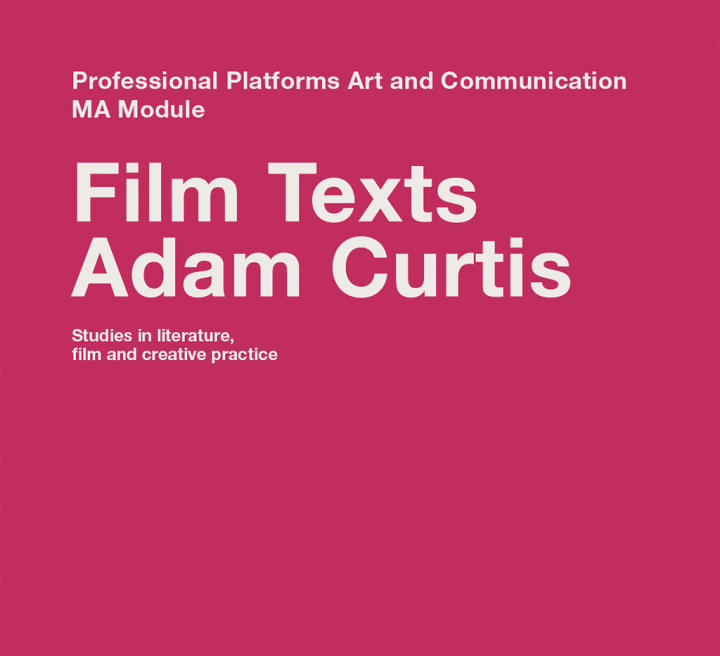How do literature and film intersect?
Looking at Adam Curtis on Wikipedia, I learned that ‘Curtis uses a distinctive collage of sociology, psychology, philosophy and political history.’ It says ‘he began a PhD and taught in politics but became disillusioned and left the profession.’ Adam uses quite a lot of archival material in his films. We watched a clip from a film called ‘Russia 1985 – 1999: Traumazone’ about communism and working-class people on how there was a huge division and exposes some corruption. The BBC says ‘What it felt like to live through the collapse of communism and democracy. A series of films by Adam Curtis.’ These can be found here: https://www.bbc.co.uk/iplayer/episodes/p0d3hwl1/russia-19851999-traumazone. In Russia, politicians use propaganda through film, and the citizens exposure to television is controlled by the state.
Adam Curtis also wrote in The Guardian about the documentary and his thoughts on Russia here: https://www.theguardian.com/tv-and-radio/2022/oct/12/russia-adam-curtis-extreme-capitalism-liz-truss-traumazone but he states that ‘the extreme economics in Britain is going a similar way’. About the series he says “it records the experiences of Russians at every level of society as their world fell apart.” (They are stealing Russia’: Adam Curtis on how hyper-capitalism wrecked a nation – and why Liz Truss must take heed, 12 Oct 2022).
As an example of literature we were shown ‘Chernobyl Prayer: Voices from Chernobyl. by Svetlana Alexievich 2016’ a Nobel prize winner who wrote about the nuclear reactor explosions in 1986, that contaminated the land and the living for years, it is an account taken from the people who survived and witnessed life, living there at the time. Here is a short film from the book: https://www.youtube.com/watch?v=XsrbL4zrytg&t=4s showing the land and desolated factory whilst narrated in a sorrowful voice, reading from the book.
Chernobyl, The Lost Tapes. by James Jones 2023 is shown on HBO here is a link to the trailer https://www.imdb.com/title/tt13913326/ from this film Jones would have known about Adam’s and Svetlana’s work. This clip shows the untold story of the explosion and the lengths the Soviet government went to cover up what happened, which turned people against the communist government.
What academic processes translate into film practice?
Adam’s film work pushes the boundaries in academia and filmmaking. The film uses Auto-Ethnographic Research, ethnographic, put simply, is working with people to conduct research and this is shown in his documentary ‘Russia 1985 – 1999: Traumazone’ a 7-part series on BBC iPlayer which are 1 hour each and is set in a chronological storytelling order. Adam is referencing academia in the way he captions his film. The style isn’t important, it is the content itself that matters. Adam uses the vast BBC archives to make the series, which will have been a mammoth task in itself. The BBC say the footage hadn’t been aired on the BBC before.
Transatlantic Slave Trade, Reunion
Dr Sara Nesteruk showed us this award-winning animated short film on African human trafficking into American slavery. On how the backbone of building the cities and industries came about in America. Sara spoke a bit about poignant storytelling. This is a great example of historical facts made into filmmaking for education.
Links to film and animation platforms
Motionographer.com
(motion graphics blog)
American associates of geographies
References:
Adam Curtis, https://en.wikipedia.org/wiki/Adam_Curtis
Chernobyl, The Lost Tapes. by James Jones, https://www.imdb.com/title/tt13913326/
Russia 1985 – 1999: Traumazone, https://www.bbc.co.uk/iplayer/episodes/p0d3hwl1/russia-19851999-traumazone.

